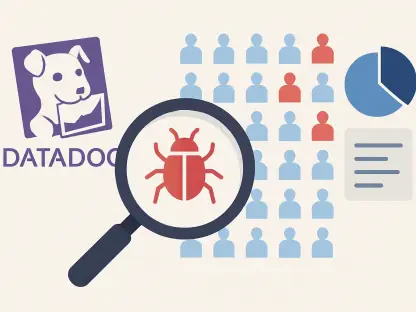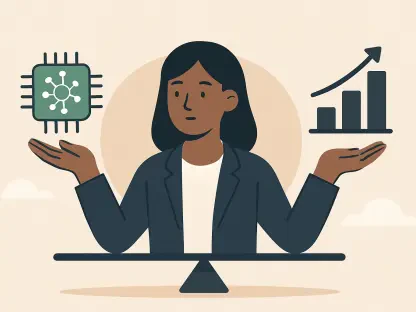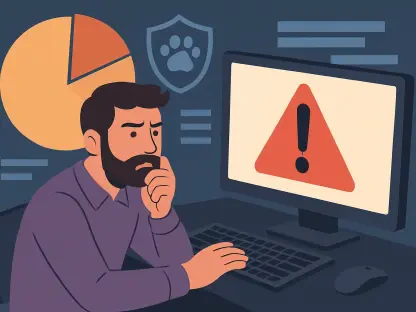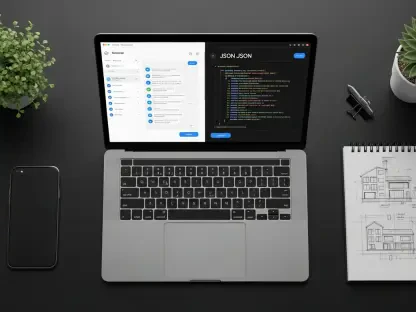Under the leadership of President Biden, a new era of accountability in software development is taking shape. The administration’s decision to focus on cybersecurity reflects a pivotal shift in policy, where the responsibility for securing digital products falls firmly onto the shoulders of those who create them. This move draws parallels from consumer protection measures seen in other industries, such as automotive safety standards and food quality control.The drive to mandate software security is setting an unprecedented tone for the tech industry. Traditionally, end-users have borne the brunt of poor software practices, often left vulnerable to cyberattacks due to exploitable defects in the software they use. By reversing this trend, the Biden administration is signaling a substantial change, one that may revolutionize the way software is conceptualized, developed, and maintained.
Structuring the Legal Landscape
In a forward-thinking move, the Biden administration has engaged software developers since March 2024 to craft legal structures that promote the creation of secure software. These laws would set expected safety standards similar to those for other product safety norms, minimizing exploitable vulnerabilities. A standout discussion point is the management of software that includes open-source elements, which are integral to many business solutions. The plan involves a shared liability model for contributors and distributors in the open-source ecosystem.This legal push has vast implications, especially for digital-dependent sectors and critical infrastructure, which will join discussions later this year. These changes align with the broader National Cyber Strategy and hinge on robust collaboration between the public and private sectors to strengthen U.S. cybersecurity. The strategy signals a commitment to safer national cyber practices and anticipates the participation of various stakeholders to solidify the nation’s digital defenses.









